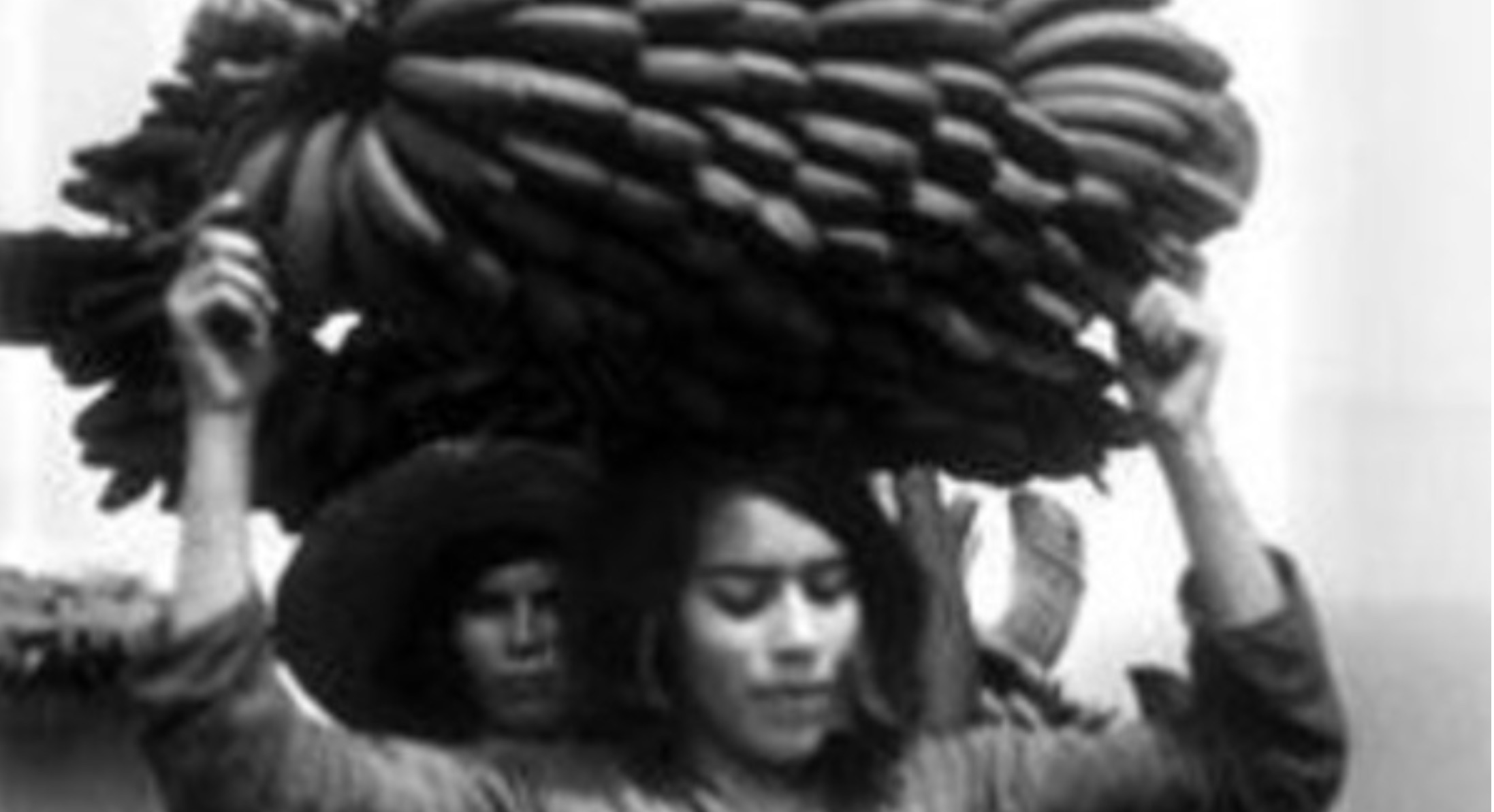For several decades now in Spain, debates and reflections on colonialism have been circulating, supported by academic and activist discourses, including the so-called antiracist, postcolonial, decolonial, anticolonial, etc. This Special Collection is an attempt to bring together and explore the context of these discussions without concealing the problems and the tensions that these entail. This issue, the first Special Collection in Spanish in the OLH, is also an attempt to bring to light the concealed colonial heritage of Spain: where hispanist readings of history, culture and identity continue to shape the present of the country; where concepts such as race have been largely excluded or underestimated in the analysis of oppression; where the colonial enterprises of the Spanish empire have been positivised; where the presence and the contributions of racialized bodies have been made invisible and/or appropriated; where there are still pending territories of decolonization and where institutional racism continues to limit the lives of thousands of racialised bodies. Bringing together contributions from scholars, artists and activists that explore critical discourses around racism, colonial history, the “nation-state”, feminisms and LGTBIQ struggles, we aim, with this special collection, to measure the fertility of the different appropriations of “coloniality” coming from territories in conflict with the nation-state paradigm and its inherited imperial legacy. Coloniality does not operates in the same way for the diversity of bodies that claim it, which implies both recognising old oppressions and denouncing renewed privileges that are not traditionally recognised by the sovereignist or feminist struggles in Spain. Different territories are shown in a double condition - as victims and executioners - of a modern-colonial inheritance made impassable over the centuries. This publication is the attempt to draw, precisely, the irregular map of these superimposed colonialities. This Special Collection is guest edited by Dr Larisa Pérez Flores (Universidad de la Laguna) and Dr Paula Clemente Vega (Birkbeck, University of London). Credits: Image from the documentary "Tenerife" by Yves Allegret (Tenerife, 1932).
Editors: Dr Paula Clemente Vega (Guest Editor), Dr Larisa Pérez Flores (Guest Editor)
Colonialities in Dispute: Discourses on Colonialism and Race in the Spanish State
Huellas del Trauma Colonial Romaní-Gitano en España (1499–1978): Narrativas de Recuperación y Reparación de un Pueblo con Historia(-s)
Iván Periáñez-Bolaño
2021-02-01 Volume 7 • Issue 1 • 2021 • 4
Also a part of:
Contranarrativas a través del teatro foro: nuestras formas de ser-en-el-mundo
Cristina Zhang-Yu and Jiun Isabel Zhang-Yim
2021-02-15 Volume 7 • Issue 1 • 2021 • 5
Also a part of:
Céspedes y la colonialidad del archivo: historias de negritud y fuga en la modernidad española peninsular
Esther Mayoko Ortega Arjonilla
2021-08-24 Volume 7 • Issue 2 • 2021
Also a part of:
Racialización y engenerización: Canarias desde un enfoque descolonial
Larisa Pérez Flores
2025-01-06 Volume 11 • Issue 1 • 2025
Also a part of:
Special Collections
-
Diversity and Competition within the Latin Church: The Secular-Mendicant Controversy and its Long Aftermath (13th–20th Centuries)
Thinking the Political: Theory, Literature, Practice
Poetry Off the Page: Intersecting Practices and Traditions in British Poetry Performance
Humour as a Human Right
Cultural Heritage Data for Research: Opening Museum Collections, Project Data and Digital Images for Research, Query and Discovery
Literature as Imaginary Archive: Ephemera and Modern Literary Production
Caliban's Mirror: Reflections of James Joyce and Oscar Wilde
Cultural Representations of Machine Vision
The Public Curatorship of the Medieval Past
Medieval Minds and Matter
Representing the Medieval in Popular Culture: Remembering the Angevins
The Politics and History of Menstruation: Contextualising the Scottish Campaign to End Period Poverty
Production Archives 03: Archival Practices
Production Archives 02: Production Contexts
Production Archives 01: Puppets for Action
Representing Classical Music in the Twenty-First Century
The Pathological Body: European Literary and Cultural Perspectives in the Age of Modern Medicine
Binary Modernisms: Re/Appropriations of Modernist Art in the Digital Age
Local and Universal in Irish Literature and Culture
Reading in Ruins: Exploring Posthumanist Narrative Studies
The Language of Perspective
Nancy Astor, Public Women and Gendered Political Culture in Interwar Britain
The Working-Class Avant-Garde
Colonialities in Dispute: Discourses on Colonialism and Race in the Spanish State
Powering the Future: Energy Resources in Science Fiction and Fantasy
Writers and Intellectuals on Britain and Europe, 1918–2018
Literature, Law and Psychoanalysis
Muslims in the Media
Encounters between Asian and Western Art in the 20th and 21st centuries: a liberating influence for Asia?
Waste: Disposability, Decay, and Depletion
Pride Revisited: Cinema, Activism and Re-Activation
New Approaches to Late Medieval Court Records
Utopian Art and Literature from Modern India
Right-Wing Populism and Mediated Activism: Creative Responses and Counter-Narratives
Representing Climate: Local to Global
Cultivating Spheres: Agriculture, Technical Communication, and the Publics
Freedom After Neoliberalism
The Medieval Brain
Remaking Collections
New Approaches to Medieval Water Studies
Imaginaries of the Future 01: Bodies and Media
Imaginaries of the Future 02: Politics, Poetics, Place
Imaginaries of the Future 03: Utopia at the Border
Postcolonial Perspectives in Game Studies
Station Eleven and Twenty-First-Century Writing
#Agreement20
What’s Left? Marxism, Literature and Culture in the 21st Century
New Voices in Jewish-American Literature
Authors, Narratives, and Audiences in Medieval Saints’ Lives
From TV To Film
American Literature & the Transnational Marketplace
Mnemosyne
Healing Gods, Heroes and Rituals in the Graeco-Roman World
The Abolition of the University
